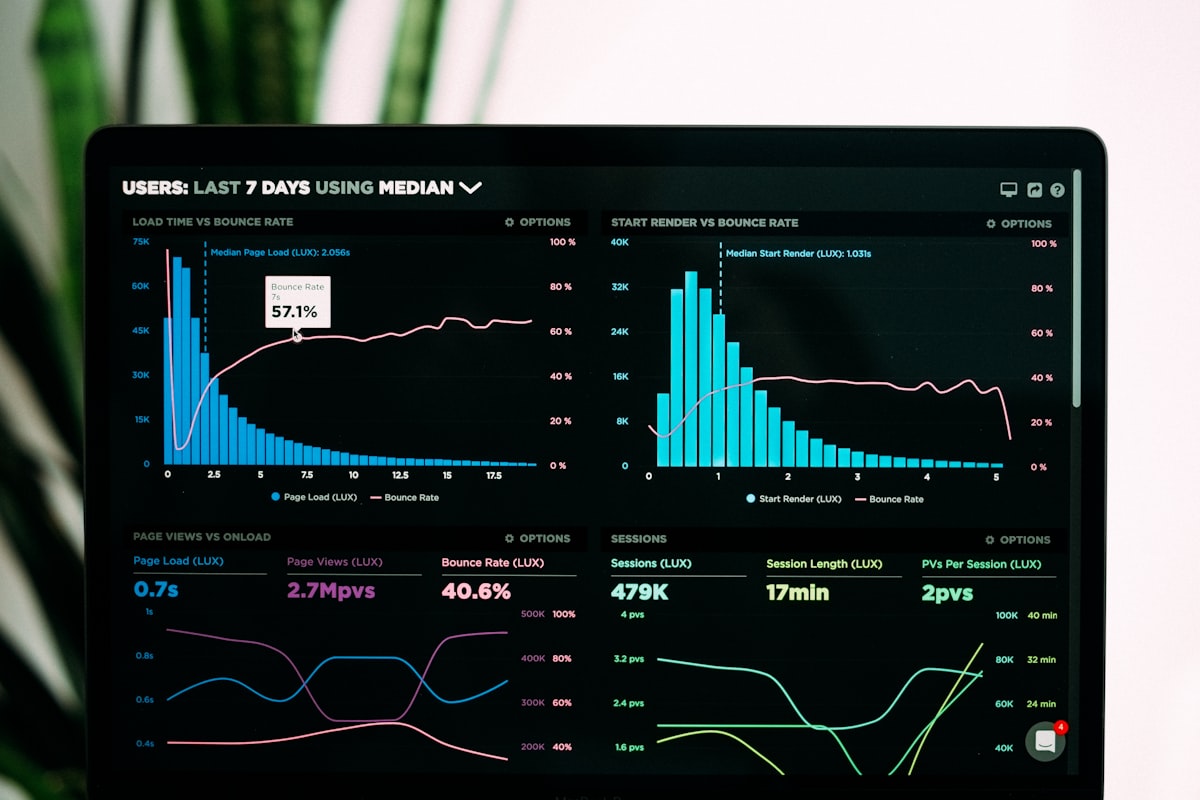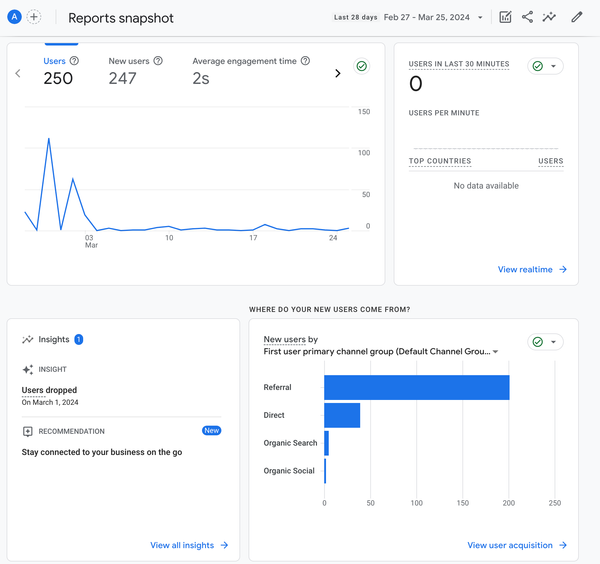Navigating the Cookieless Future: Implications for Small-to-Medium Sized Enterprises
Cookies are quickly going away from regular internet marketing as we've known it for decades.

With Google requiring the migration from Universal Analytics to their new GA4 analytics suite right around the corner, it’s a perfect time to digest the changes to the cookieless internet and what that means to how businesses will have to adapt their marketing and customer data practices for future growth.
In a rapidly evolving digital landscape, the imminent shift toward a cookieless internet signals a pivotal transformation. Third-party cookies, key players in digital marketing and personalization strategies, are gradually becoming obsolete. As tech giants such as Google, Apple, and Mozilla champion more robust privacy laws and curb the utilization of these cookies, small-to-medium-sized enterprises (SMEs) must adapt their marketing approaches to this new reality. The digital marketing ecosystem as we know it is changing, and SMEs must understand the implications to thrive in this cookieless era.
Understanding the Cookieless Internet
To appreciate the magnitude of this shift, one must first understand the role of third-party cookies. They have been instrumental in tracking user behavior across different websites, thereby facilitating targeted advertising, conversion tracking, and website analytics. However, increased scrutiny regarding data privacy, combined with technological innovations, is driving the shift towards a cookieless world.
Impact on SMEs Marketing
The removal of third-party cookies does not signal an end to digital marketing; rather, it will lead to a shift in methods. For SMEs, this could mean new challenges and opportunities.





